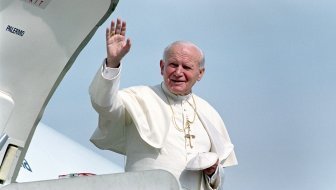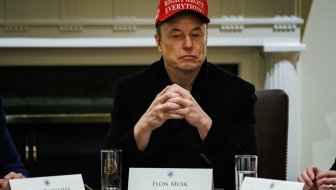With its entry into the European Union on July 1, things in Croatia will not change overnight as the country will face new challenges, primarily economic reforms in order to increase its competitiveness and growth prospects, EU Enlargement Commissioner Stefan Fuele told a seminar in Prague on Thursday.
"Do not expect dramatic changes overnight! Croatia will not be a different country on 1 July than it was on 30 June. Croatia is already a different country, having been transformed through the enlargement process. Important and fundamental changes have already taken place, due to the reforms necessary for Croatia to make progress in the accession negotiations," Fuele said at the seminar, entitled "Welcome to the European Union, Croatia!", which was organised by the Czech Ministry of Foreign Affairs.
Speaking of the challenges facing Croatia, Fuele cited economic reforms, the fight against corruption, building the administrative capacity to ensure the effective use of EU funds and to manage its eastern borders which will become the external borders of the EU.
"On the economic front, the situation is very challenging," Fuele said, noting that investment activities in the country had declined after the global financial crisis of 2009, structural problems remained, and complex bureaucracy and corruption had a negative impact on the economy.
"Croatia's informal participation in the 2013 European Semester provides a good opportunity to develop the structural reform agenda further and to pursue its vigorous implementation. Within this framework, the Commission will assess the Economic Programme, which was submitted by Croatia in April," the commissioner said.
Fuele concluded by saying that Croatia's entry was also important for the European Union because it showed that the enlargement process was alive and that the EU honoured its commitments when countries had implemented the necessary reforms.

































